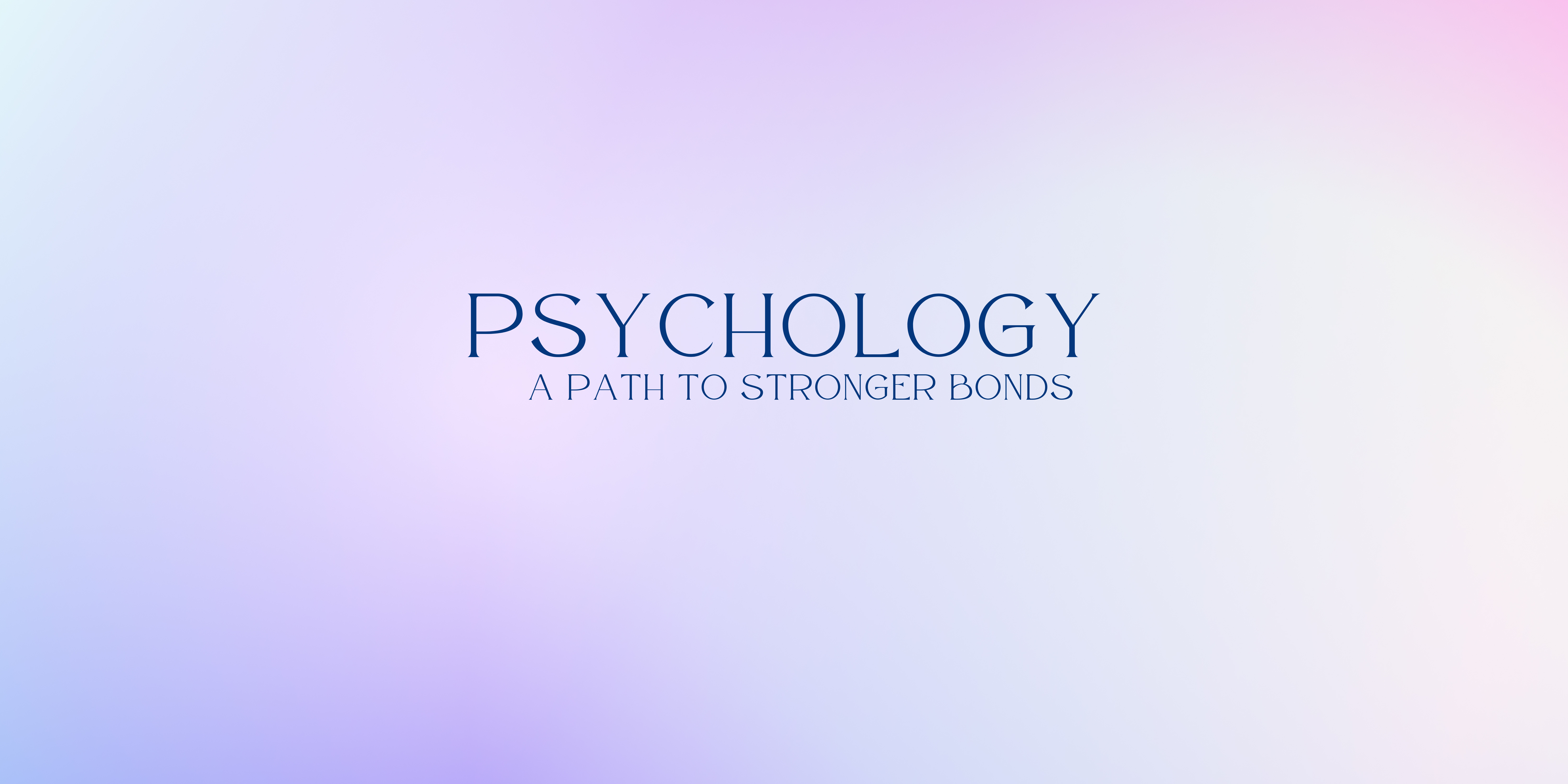Friendship is one of life’s greatest gifts—until conflict enters the picture. One moment, you’re inseparable; the next, an argument leaves you questioning whether the bond can ever be the same. But conflict isn’t necessarily a sign of a failing friendship. In fact, disagreements are inevitable in any relationship because no two people share the exact same perspectives or experiences. When handled with empathy and respect, conflict can become an opportunity for growth, deeper understanding, and a stronger, more resilient friendship.
Why Conflict Resolution Matters
Healthy friendships allow space for different perspectives. When conflicts are managed constructively, they help strengthen trust, encourage open communication, and reinforce mutual respect. Conflict resolution is not about winning an argument—it’s about finding a peaceful and fair solution that respects both individuals’ feelings and perspectives.
The key to resolving disagreements lies in assertive communication, clear boundaries, and active listening. These skills not only help in friendships but also apply to relationships at work, in families, and in everyday interactions.
Stepping Away Without Avoidance
One of the most effective ways to handle conflict is to take a step back and allow emotions to settle before discussing the issue. Walking away should not mean ignoring the problem. Instead, acknowledge the situation by expressing a need for time to think while committing to a conversation later. This approach prevents impulsive reactions and allows for a more productive discussion.
Practicing Assertive Communication
Assertiveness in communication allows individuals to express thoughts and feelings clearly while maintaining respect for the other person. It helps prevent misunderstandings and ensures both parties feel heard.
The three key principles of assertive communication are:
Be Clear – Express thoughts directly and honestly, without vague or misleading language.
Be Consistent – Ensure that words and actions align over time to build trust.
Be Courteous – Maintain respect, avoiding blame or personal attacks.
By focusing on clarity, consistency, and courtesy, conversations can remain productive and solution-oriented rather than becoming emotional battles.
The Importance of Boundaries
Boundaries are essential in all relationships. They define what is acceptable and ensure emotional and physical well-being. Healthy friendships involve mutual respect for each other’s limits, whether regarding personal space, time, or emotional energy.
Setting boundaries does not mean shutting people out; rather, it creates a foundation for balanced and respectful interactions. When a friend respects boundaries, it strengthens trust and prevents resentment from building.
Active Listening: The Key to Understanding
Conflict resolution requires active listening, which involves truly hearing and understanding the other person’s perspective. This means:
Giving full attention without interruption.
Paraphrasing key points to ensure accurate understanding.
Asking clarifying questions to avoid assumptions.
Rather than listening to respond, the goal should be to listen to understand. When both parties feel heard, finding common ground becomes much easier.
7 Steps to Resolving Conflict in Friendships
When addressing conflict, consider the following approach:
Identify the Root Cause – Clarify the actual issue rather than focusing only on surface-level disagreements.
Find Common Ground – Establish shared values or goals as a foundation for discussion.
Create a Safe Space for Communication – Both individuals should feel comfortable expressing themselves without fear of judgment.
Take Responsibility – Acknowledge personal contributions to the situation and be open to constructive feedback.
Show Empathy – Understand and validate the other person’s feelings, even if there is disagreement.
Explore Solutions Together – Look for compromises or adjustments that benefit both parties.
Aim for a Balanced Resolution – A solution where both individuals feel respected and valued is more effective than a one-sided outcome.
The Ultimate Goal: Rebuilding Connection
At its core, conflict resolution in friendship is about preserving the relationship, not proving a point. A disagreement should never overshadow the value of the connection. By prioritizing mutual understanding and respect, conflicts can serve as opportunities to strengthen friendships rather than break them apart.
Friendships are built on trust, communication, and care. While conflicts may challenge those foundations, the way they are handled ultimately determines the strength and longevity of the relationship. When approached with a mindset of resolution rather than competition, conflicts can become stepping stones to deeper and more meaningful friendships.

